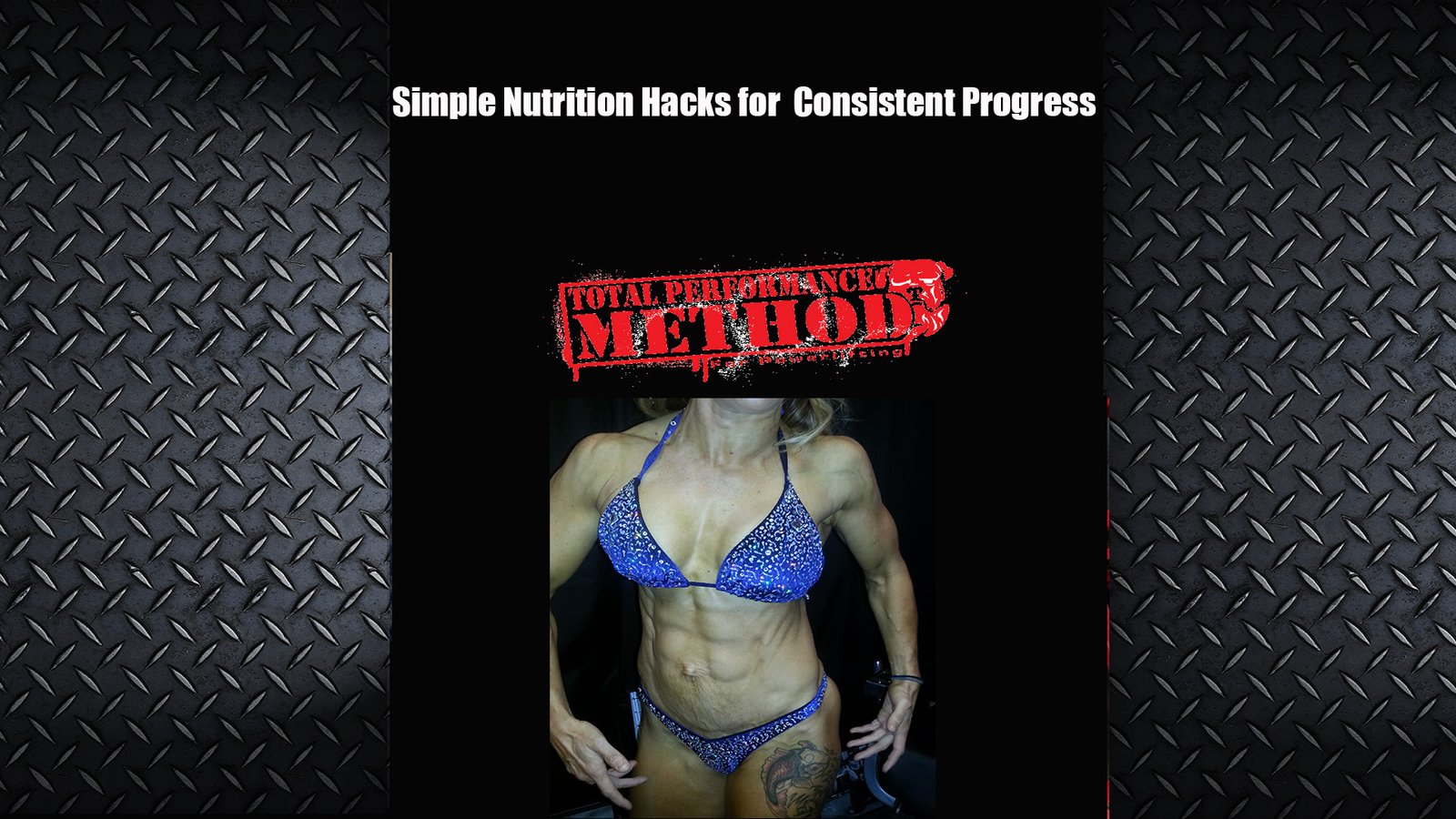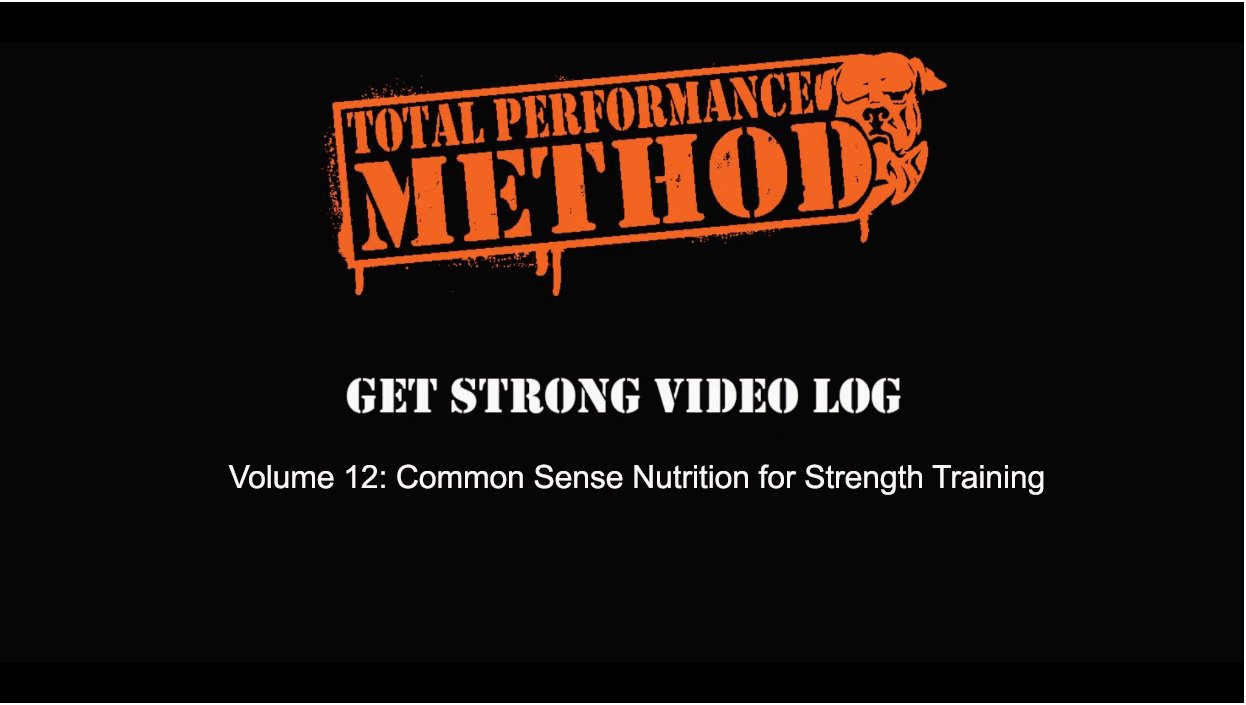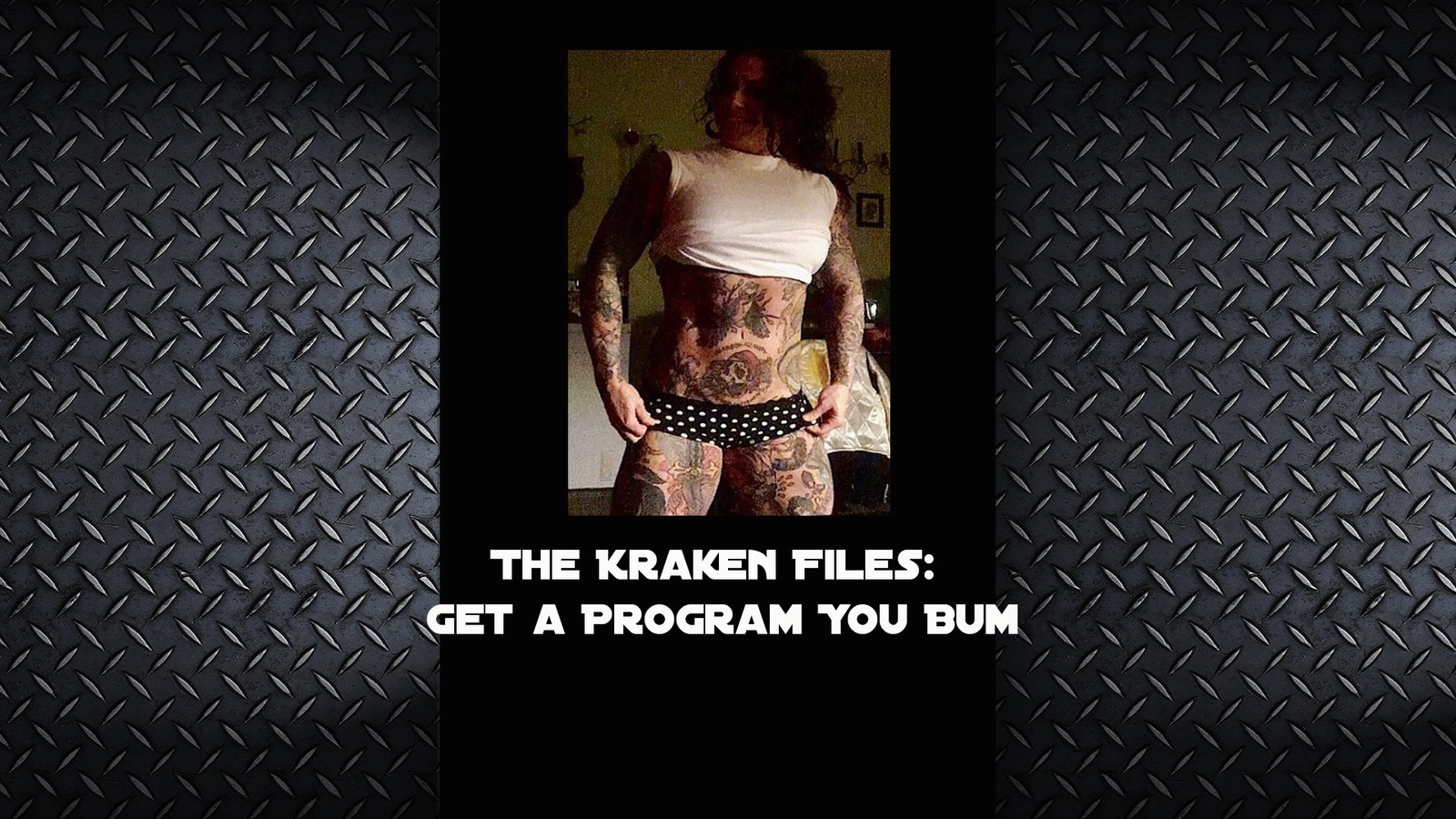Carbohydrates, or ‘carbs’ as they are more frequently known, get a bad rap.
In the fitness industry there is never a middle ground.
It is always to the extreme of one side or the other.
As my friend Alwyn Cosgrove says, nobody ever says do some cardio, it’s always no cardio or all cardio!
The same is true with carbs.
Some say no carbs or that carbs are your enemy, and some say that you should eat a ton of them.
Who is right?
Neither.
Carbs are not your enemy. Just like any other category of food, bad carbs or too many carbs are your enemy.
In this article, I’ll give you a rundown of what good carbs are and what bad carbs are and an idea of when to eat the good ones.
First off, what are carbs?
Carbohydrates are your body’s preferred source of energy. They are fuel for your muscles.
Eating the right amount of the right types of carbs will keep you fueled for what you are going to do, and prevent you from burning lean body mass (muscle) as fuel for your activities.
All carbs are sugar, in their purest forms.
Yes, sugar is your preferred energy source.
Not soda, not table sugar, but sugar in its natural form.
I’ll explain that more in a minute.
Carbs come in two basic types: simple and complex.
Without getting too scientific, simple carbs have only one type or chain of sugar in them.
Complex carbs have more than one type or chain of sugar in them.
Simple carbs digest very quickly and give you a quick energy burst.
Complex carbs digest slowly and give you sustained energy output.
That’s all I’m going to say on that for now.
Good sources of carbs come from the earth, not a package.
The closer your food is to its natural form the better it is for you.
The more processed it is the worse it is for you.
I’ll list the sources of “good” simple carbs:
- fruit
Now I’ll list a few sources of “bad” simple carbs:
- candy
- soda
- table sugar
- most “fruit” juices
Moving right along, we are on to “good” choices of complex carbs:
- rice
- sweet potato
- yams
- Japanese yams (delicious)
- potato
- oatmeal
- Guinness (ok, maybe not, but I like it anyway)
And “bad” complex carb choices:
- just about any rice, potato or pasta dish in a box (think macaroni and cheese, scalloped potato mix, etc.)
- fast food sandwiches
- potato chips
- cakes and cookies (although these could be called simple, too)
You get the idea here.
Eat good, real food from the produce/vegetable section and not stuff in boxes from the aisles.
When do you eat carbs?
In a nutshell, eat carbs based on your anticipated energy expenditure over the next 3-4 hours.
If you are going to work out in a few hours, have a good amount of complex carbs.
If you are sitting and working at your desk, you don’t need much. Eat more complex carbs on days that you train, eat less on days that you don’t.
Eat less carbs as the day goes on because your energy expenditure usually goes down in the evening. This will help you to store less body fat.
Things we know about carbs:
- carbs are your preferred energy source
- excess carbs are more easily stored as body fat than excess protein
- carbs are “protein sparing” meaning that when you have enough good carbs in your system, you won’t burn lean muscle as fuel and you don’t need massive amounts of protein to build muscle
- unprocessed/less processed carbs are better for you than processed ones
I hope this sheds a little light on the carb controversy.
Remember that this article is just a quick bit of basic information.
There is much more to this that what I have put forth here.
Read some books on nutrition, educate yourself and learn as much as you can.
Good luck and good training.
©tpsmethod.com








Leave A Comment